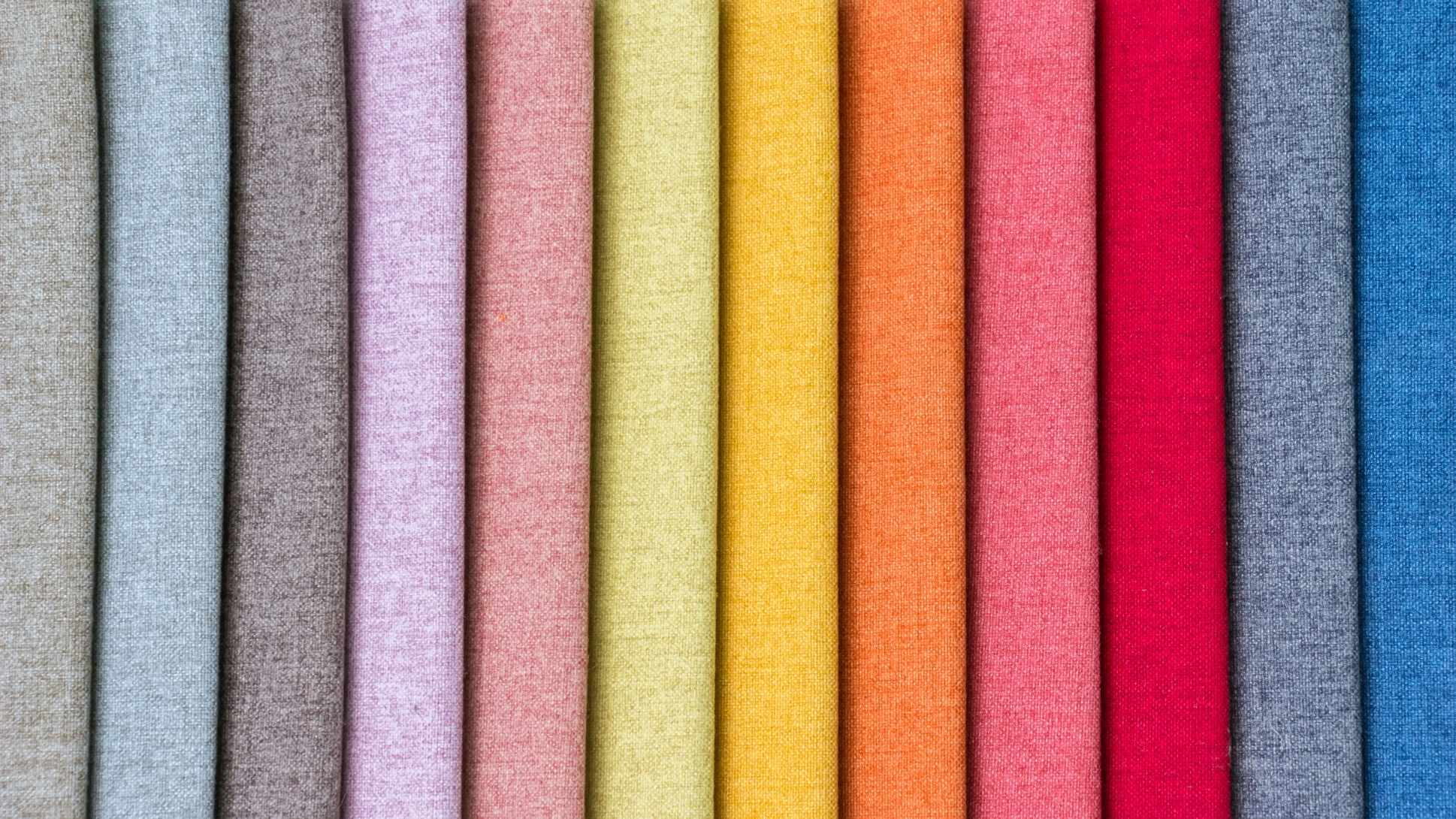
Organic is Sustainable: Fact or Manufactured Fiction?
More often than not, the word ‘organic’ comes up in conversations about sustainable fashion, sustainable agriculture, and all other things we are attempting to make sustainable. And because these words are used interchangeably, we tend to think that they are the same and imply the same things. But today, we are busting that myth. While organic and sustainable clothing may look the same, they are vastly different in the way they are grown, processed, and manufactured.
What is organic fashion?
Organic, in essence, is about the way in which the material is grown. The most popular example of this in the fashion industry is organic cotton. You’re more likely to see companies advertising organic cotton instead of sustainable materials and despite this, only 0.7% of the cotton landscape is actually organic cotton.
To classify anything as organic, certification is necessary. You can grow vegetables in your garden and call them organic, but for a commercial firm to do this, they need to acquire a certification. Some popular ones are listed below:
- OEKO-TEX
- Better Cotton Initiative (BCI)
- Global Organic Textile Standard (GOTS)
- Organic Content Standard (OCS)
Certification can be received from any certifying body available in the country that is authorized to give out these certifications. Such certifications imply that you have achieved certain standards when it comes to producing cotton organically and such standards may be revised from time to time.
Conventional cotton is grown from genetically modified (GM) seeds, using fertilizers and pesticides that lead to high yield, regardless of the time of year. It requires intensive irrigation and can actually result in carcinogenic crops. Organic cotton, on the other hand, uses non-GM, indigenous seeds, no harmful chemicals, and either natural rainfall or more sustainable forms of irrigation (like drip). So organic primarily refers to the cropping method and inputs used.
Isn’t sustainability the same thing?
Sustainability on the other hand is all about whether the same methods can be used year after year without destroying the planet and takes into account the impact of emissions, biodiversity, and employee working conditions. As is obvious, sustainability includes organicity. Thus, if a brand says they use organic cotton, they may still be employing low-wage laborers in Bangladesh to make their final product. And this would still make them unsustainable.
Sustainable fashion encompasses everything- from production to manufacturing to shipping and disposal of items of clothing. Therefore, you may say that a cotton shirt is sustainable only if it has been produced organically, using fair trade workers, shipped in vehicles with low emissions, packaged in biodegradable materials, and has a method of disposing of that does not create more waste.
So no, organic is not necessarily sustainable and all sustainable need not be organic either. There are industries where being organic instead of sustainable is the main goal but fashion is not one of them. For a brand to be truly sustainable, they have to be organic as well. Therefore ‘organic is sustainable’ is merely a manufactured and widely distributed myth so that existing companies don’t have to make as much of an effort to be both sustainable and organic. But for a truly conscious sustainable fashion enthusiast, the demarcation is pretty much clear-cut.






